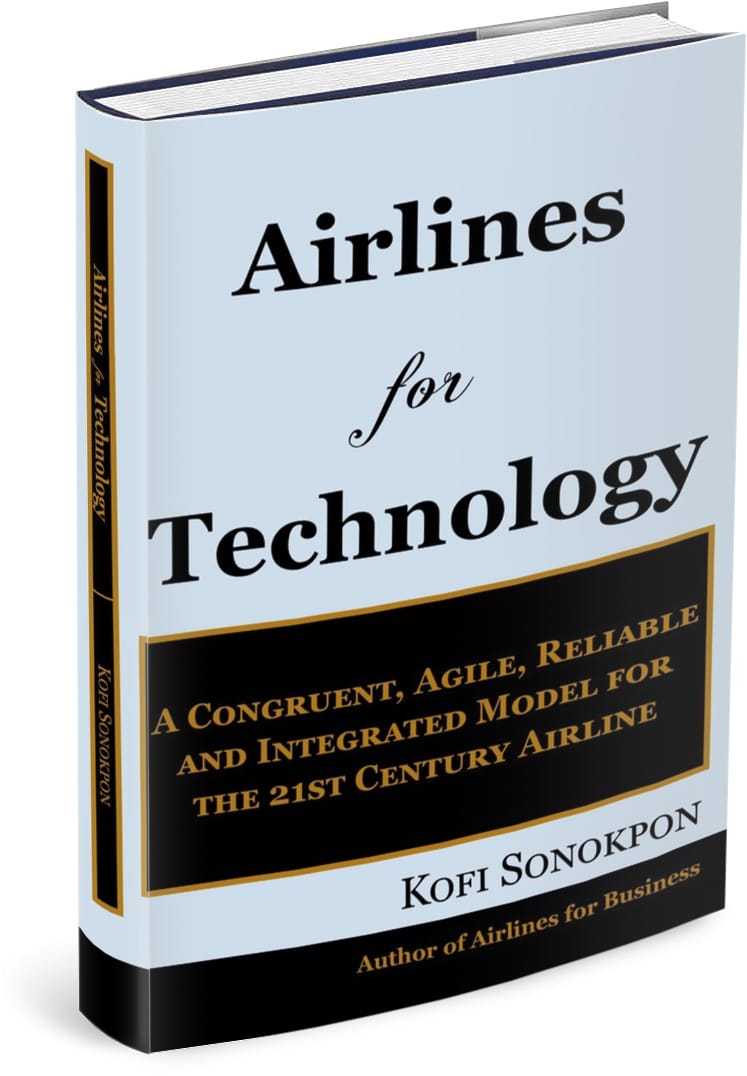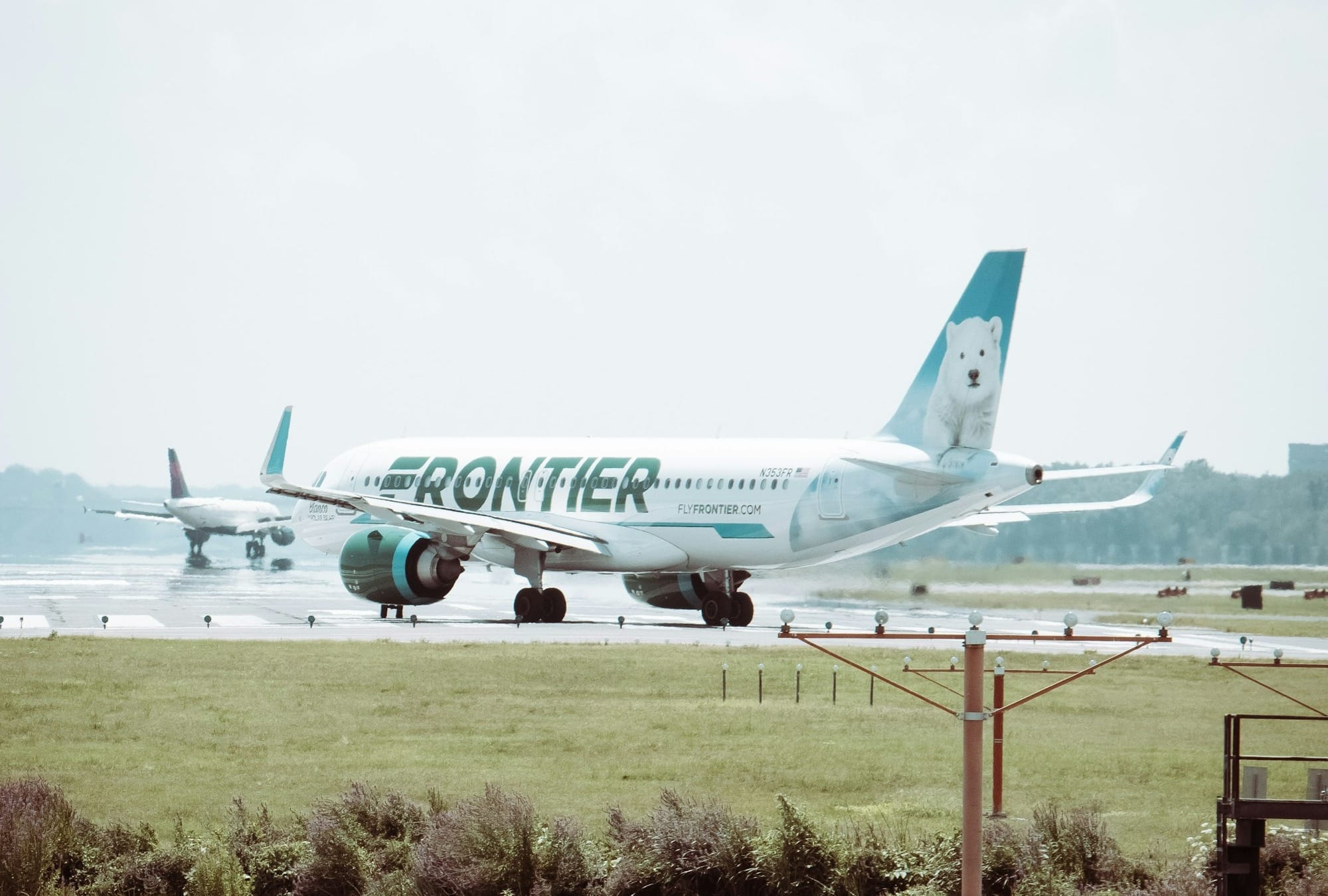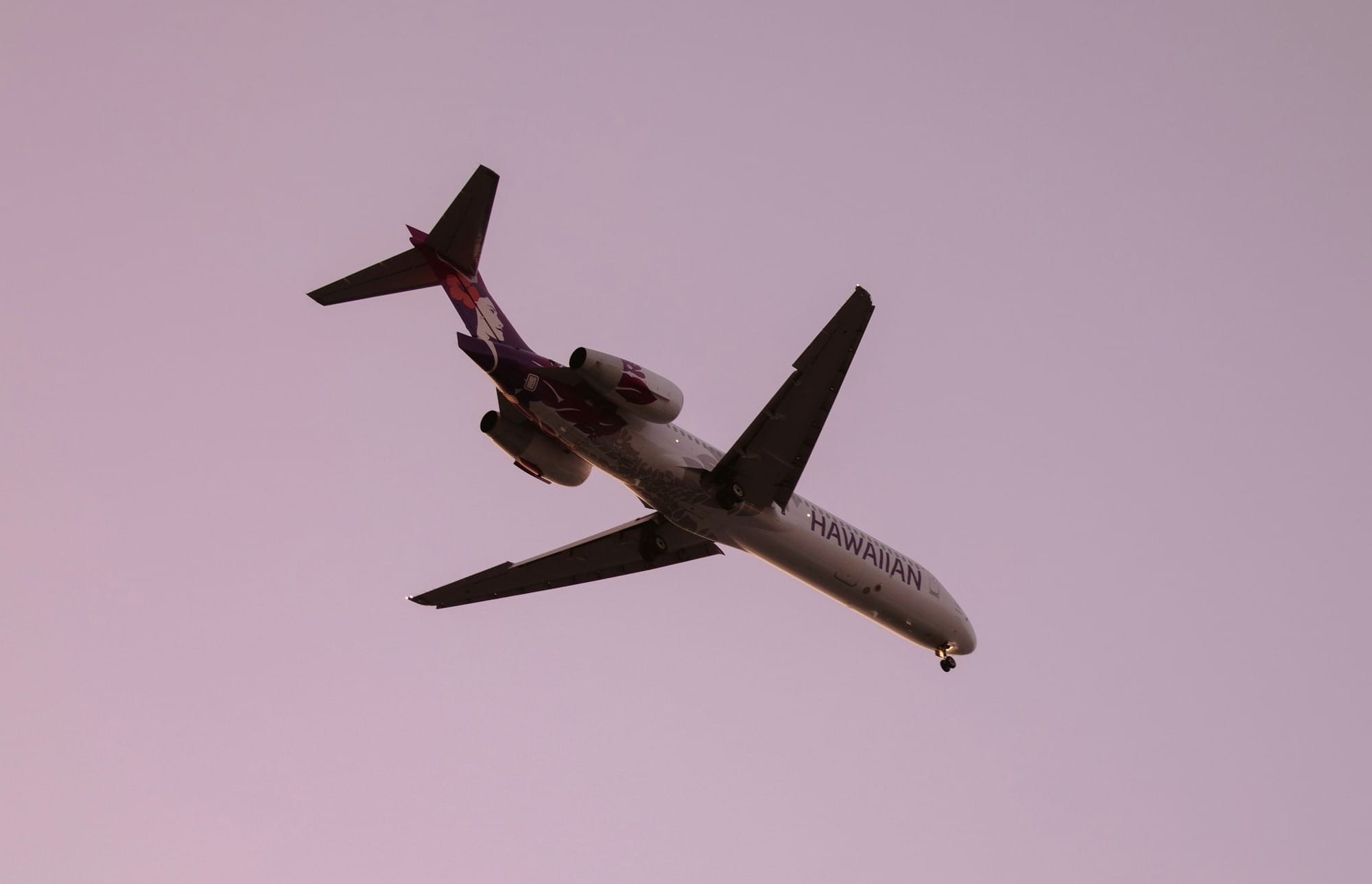The Impact of CrowdStrike's Outage on the Airline Industry
CrowdStrike, a leading cybersecurity technology company, recently experienced a significant software outage that had a profound impact on the airline industry. This incident, which began on July 19, 2024, caused widespread disruptions, particularly affecting Delta Air Lines.

The Impact of CrowdStrike's Outage on the Airline Industry
Key Takeaways
- Major Disruption: CrowdStrike's software outage caused significant disruptions in the airline industry, particularly affecting Delta Air Lines.
- Cybersecurity Importance: The incident underscores the critical role of cybersecurity in aviation.
- Response Measures: Delta Air Lines implemented several measures to mitigate the impact on passengers.
- Future Implications: The event may lead to increased scrutiny and investment in cybersecurity across the airline industry.
Introduction
CrowdStrike, a leading cybersecurity technology company, recently experienced a significant software outage that had a profound impact on the airline industry. This incident, which began on July 19, 2024, caused widespread disruptions, particularly affecting Delta Air Lines. The outage has highlighted the critical importance of cybersecurity in the aviation sector and has prompted a reevaluation of cybersecurity practices across the industry.
The Outage and Its Immediate Impact
The CrowdStrike outage resulted in over 2,000 flight cancellations and 2,171 delays across multiple airlines on the first day alone. The issue stemmed from a faulty software update from the Texas-based company, affecting various sectors, with the airline industry being one of the most visible victims.
Delta Air Lines: The Hardest Hit
Delta Air Lines was the most severely impacted U.S. airline. By July 22, Delta had faced over 700 cancellations and around 400 delays, with numbers expected to increase. Over the first three days of the incident, Delta was forced to cancel more than 4,800 flights and experienced numerous delays. The airline's heavy reliance on applications associated with the compromised Microsoft Windows operating system contributed to the extent of its disruptions.
Other Airlines' Experiences
In contrast, other major U.S. airlines such as American Airlines, United Airlines, Alaska Airlines, Frontier Airlines, and Southwest Airlines recorded 40 or fewer cancellations during the same period. This disparity highlights the varying degrees of dependency on CrowdStrike's technology across different airlines.
Timing and Consequences
The timing of the outage couldn't have been worse for the airline industry. It occurred during the peak travel weekend of the summer when bookings exceeded 90% capacity, severely limiting airlines' ability to rebook affected passengers. This resulted in significant inconvenience for countless travelers and potential financial losses for the airlines involved.
Delta Air Lines' Response
In response to the crisis, Delta Air Lines took several measures to mitigate the impact on its customers:
- Offering Travel Waivers: Passengers were allowed to modify their itineraries without incurring extra charges.
- Providing Compensation: Affected customers received SkyMiles and travel vouchers as compensation.
- Offering Accommodations: The airline provided meal vouchers, hotel stays, and transportation options for stranded passengers.
- Suspending Unaccompanied Minor Travel: Delta temporarily halted this service until at least July 23, pending the resolution of the outage and the return to normal operations.
Delta's CEO, Ed Bastian, publicly apologized for the disruptions, stating, "Delta's mission is to connect the world, and we recognize the challenges posed by travel interruptions."
The Role of Cybersecurity in Aviation
This incident has brought to light the critical importance of cybersecurity in the airline industry. It serves as a stark reminder of how vulnerable the aviation sector can be to technological failures and cyberattacks. In response to such threats, the U.S. Transportation Security Administration (TSA) has recently issued new cybersecurity requirements for airports and aircraft operators.
TSA's New Cybersecurity Mandates
These new TSA mandates aim to increase the cyber resiliency of critical infrastructure and prevent their degradation or disruption. The requirements focus on several key areas:
- Network Segmentation: Developing policies and controls to ensure that operational technology (OT) systems can continue to function safely even if an information technology (IT) system is compromised, and vice versa.
- Access Control Measures: Implementing secure measures to prevent unauthorized access to critical cyber systems.
- Continuous Monitoring and Detection: Establishing policies and procedures to defend against, detect, and respond to cybersecurity threats and anomalies that affect critical cyber system operations.
- System Patching: Reducing the risk of exploitation of unpatched systems by applying security patches and updates for operating systems, applications, drivers, and firmware on critical cyber systems in a timely manner.
CrowdStrike's Role in Meeting TSA Requirements
Ironically, CrowdStrike is one of the companies at the forefront of providing solutions to meet these new TSA requirements. The company serves hundreds of customers in the transportation industry and offers a unified platform called CrowdStrike Falcon® that can deliver comprehensive solutions to address these cybersecurity requirements.
CrowdStrike tracks more than 200 adversaries across the globe, with almost half of those threat actors actively targeting the transportation, aerospace, and aviation industries. This extensive threat intelligence allows the company to understand the trends, tactics, and techniques used by these threat actors to exploit, disrupt, and threaten the nation's transport systems.
Business Outcomes for Transportation Organizations
CrowdStrike's solutions are designed to achieve several business outcomes for transportation organizations:
- Operational and Cost Efficiencies:
- Consolidating multiple disparate security tools into a single unified security platform.
- Delivering expertise at scale focused on hunting, response, and remediation.
- Testing cybersecurity controls and practices with real-world breach scenarios.
- Reducing the operational cost of delivering robust cybersecurity solutions.
- Security Efficiencies:
- Effectively segmenting networks with the right firewall policies and controls.
- Detecting anomalous user activity and credential misuse.
- Enforcing multifactor authentication (MFA) when suspicious user behavior is detected.
- Continuously hunting for threats, including zero-day attacks and hands-on-keyboard activity.
CrowdStrike's Falcon agent gathers necessary security telemetry and events into the Falcon platform to address the TSA mandate in a unified manner, covering network segmentation, access control, continuous monitoring and detection, and system patching.

Advertising
Future Implications for the Airline Industry
The recent outage, while damaging to CrowdStrike's reputation, paradoxically underscores the importance of the very services the company provides. It highlights the need for robust, resilient cybersecurity systems in the airline industry and other critical infrastructure sectors.
As the airline industry continues to recover from this incident, it's likely that there will be increased scrutiny of cybersecurity practices and a renewed focus on building more resilient IT systems. Airlines may diversify their technology providers to reduce the risk of widespread disruptions from a single point of failure.
Moreover, this event may accelerate the adoption of the new TSA cybersecurity requirements across the industry. Airlines and airports may invest more heavily in cybersecurity measures, including improved network segmentation, access controls, and continuous monitoring systems.
Conclusion
The CrowdStrike outage serves as a wake-up call for the airline industry, emphasizing the critical nature of cybersecurity in maintaining safe and efficient operations. As the industry becomes increasingly reliant on technology, the need for robust, resilient, and redundant systems becomes ever more apparent.
While the CrowdStrike outage has caused significant disruptions to the airline industry, particularly for Delta Air Lines, it has also highlighted the crucial role of cybersecurity in aviation. As the industry recovers from this incident, it's likely to emerge stronger, with improved cybersecurity measures and a greater awareness of the potential risks posed by technological vulnerabilities. The challenge now lies in balancing the need for advanced technology with the imperative of maintaining reliable and resilient systems to ensure the smooth operation of air travel worldwide.
Summary
The CrowdStrike software outage has had a significant impact on the airline industry, particularly affecting Delta Air Lines. The incident has highlighted the critical importance of cybersecurity in aviation and has prompted a reevaluation of cybersecurity practices across the industry. In response to the crisis, Delta Air Lines implemented several measures to mitigate the impact on passengers. The event may lead to increased scrutiny and investment in cybersecurity across the airline industry, with a focus on building more resilient IT systems.
Q&A Section
Q1: What caused the CrowdStrike outage?
A1: The CrowdStrike outage was caused by a faulty software update from the Texas-based company, affecting various sectors, with the airline industry being one of the most visible victims.
Q2: Which airline was most affected by the outage?
A2: Delta Air Lines was the most severely impacted U.S. airline, facing over 700 cancellations and around 400 delays by July 22, 2024.
Q3: What measures did Delta Air Lines take in response to the outage?
A3: Delta Air Lines offered travel waivers, provided compensation, offered accommodations, and suspended unaccompanied minor travel to mitigate the impact on passengers.
Q4: What new cybersecurity requirements has the TSA issued?
A4: The TSA's new cybersecurity requirements focus on network segmentation, access control measures, continuous monitoring and detection, and system patching to increase the cyber resiliency of critical infrastructure.
Q5: How does CrowdStrike help meet the new TSA requirements?
A5: CrowdStrike offers a unified platform called CrowdStrike Falcon® that delivers comprehensive solutions to address the TSA's cybersecurity requirements, including network segmentation, access control, continuous monitoring and detection, and system patching.
Q6: What are the future implications of the CrowdStrike outage for the airline industry?
A6: The outage may lead to increased scrutiny of cybersecurity practices, a renewed focus on building more resilient IT systems, and accelerated adoption of the new TSA cybersecurity requirements across the airline industry.








